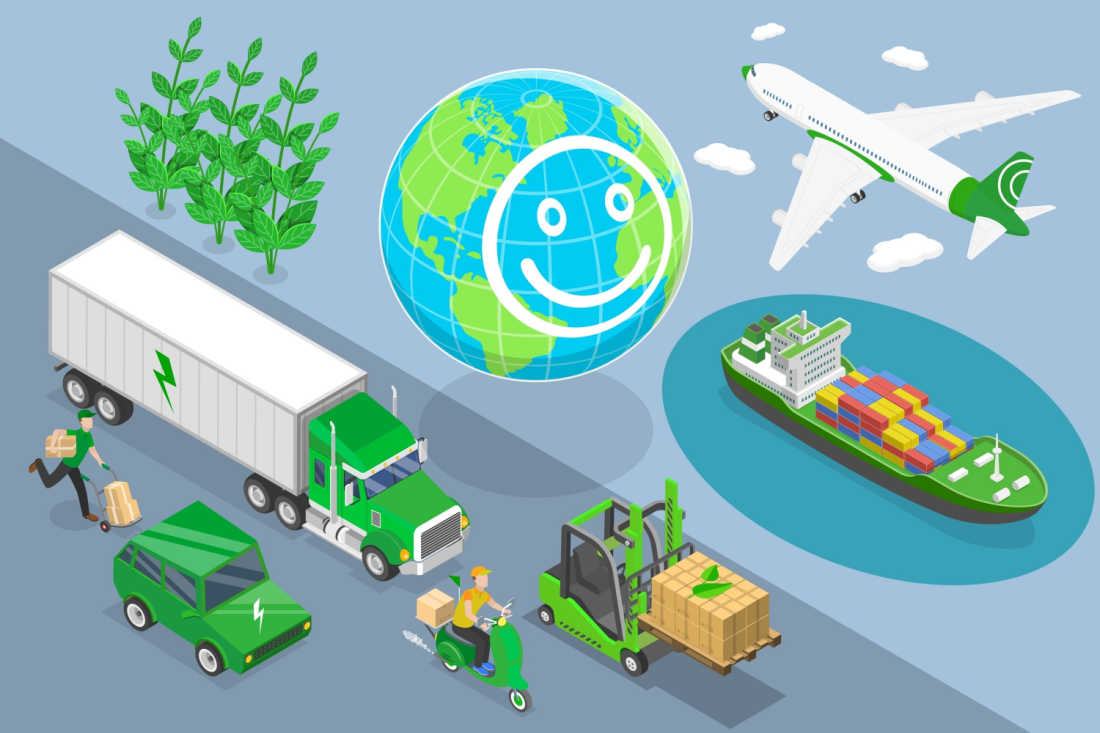1. The Growing Need for Eco-Friendly Logistics
As global commerce expands, the logistics sector plays a critical role in ensuring goods reach their destinations. However, the environmental impact of these processes cannot be overlooked. Transportation, warehousing, and packaging contribute significantly to carbon emissions. Sustainable logistics practices aim to mitigate these effects, paving the way for a greener supply chain.
2. Green Transport Solutions
Transportation is one of the largest contributors to carbon emissions in logistics. Transitioning to eco-friendly transport solutions such as electric or hybrid vehicles, biofuel-powered trucks, and even cycling couriers for urban deliveries can significantly reduce emissions. Efficient route optimization using advanced software further minimizes fuel consumption and environmental impact.
3. Packaging Minimization and Waste Reduction
Over-packaging has long been a concern in logistics. By adopting minimalistic and recyclable packaging materials, companies can reduce waste and resource usage. Bulk shipments and reusable containers also help eliminate unnecessary materials, contributing to a more sustainable supply chain.
4. Renewable Energy in Warehousing
Warehouses are energy-intensive hubs in the logistics ecosystem. Integrating renewable energy sources, such as solar panels and wind turbines, can drastically cut their carbon footprint. Energy-efficient lighting and temperature control systems, combined with automation, ensure operations remain eco-friendly while maintaining productivity.
5. Collaboration and Smart Technologies
Sustainability in logistics thrives on collaboration. Sharing transport resources, like consolidating shipments from multiple suppliers, reduces the number of trips required. Smart technologies, such as Internet of Things (IoT) devices and AI-driven analytics, enable real-time tracking and inventory management, streamlining operations and cutting energy waste.
6. Building a Culture of Sustainability
Logistics stakeholders must foster a culture of sustainability. Training programs for employees, transparent reporting of carbon metrics, and prioritizing partnerships with eco-conscious suppliers drive long-term change. Publicizing sustainable practices also encourages broader industry adoption.
7. Future Prospects for Green Logistics
The logistics industry is at a crossroads. By embracing sustainable practices, it can significantly contribute to global carbon reduction goals. Continuous innovation, combined with robust policies and a commitment to environmental stewardship, will ensure logistics remains efficient and eco-friendly for generations to come.


Add a comment